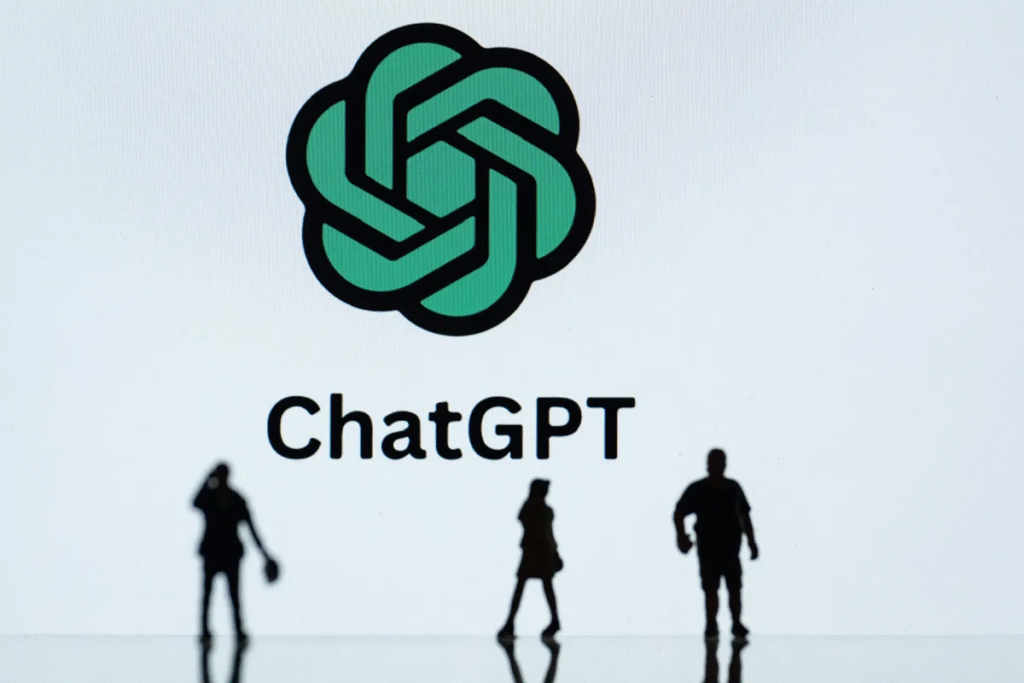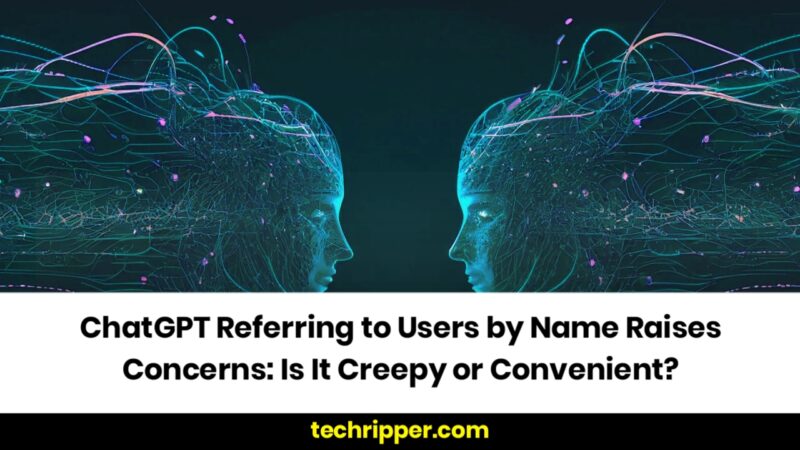Recently, a peculiar behavior from ChatGPT has caused a stir among users: the AI sometimes refers to individuals by their names during conversations, even if they haven’t provided one. This change has sparked mixed reactions from the community. Some find it “creepy” and “unnecessary,” while others argue it could make interactions feel more personalized.
A Surprising Change
For many, ChatGPT’s tendency to address users by name seems like a new feature. Simon Willison, a software developer and AI enthusiast, called the behavior “creepy and unnecessary,” reflecting the sentiments of some who feel unsettled by this change. Others, like Nick Dobos, also voiced their displeasure, with many commenting that it felt odd or invasive.
In response to one user’s tweet asking about the feature, Willison expressed his discomfort, noting, “It’s like a teacher keeps calling my name, LOL.” This reaction highlights how a seemingly small change in ChatGPT’s behavior can trigger an unexpected response from its users.
Why the Change?
The exact timing of the change remains unclear, but some believe it could be related to ChatGPT’s new memory feature. This feature allows the chatbot to remember past interactions and personalize its responses, which might explain why some users started noticing their names being used. However, some users have reported that the feature continued even when they disabled memory and personalization settings, leading to confusion about the chatbot’s behavior.
Uncanny Valley: When Personalization Feels Off
The uncanny valley effect may explain why some users find ChatGPT’s behavior off-putting. The term refers to the discomfort people feel when something (like a robot or chatbot) appears almost human, but not quite right. While personalization is generally seen as a way to improve user experience, it can sometimes have the opposite effect if not done thoughtfully.
Sam Altman, CEO of OpenAI, recently mentioned that future AI systems could “get to know you over your life” to become “extremely useful and personalized.” However, this idea has raised concerns among users who feel that AI should not attempt to form too personal a relationship, especially when it comes to things like addressing them by name.

The Psychology Behind It
An article by The Valens Clinic, a psychiatry office in Dubai, offers some insight into why the use of names in communication can feel uncomfortable. The article explains that using a person’s name can convey intimacy and admiration. However, excessive or inauthentic use of a name can come across as fake and invasive, potentially undermining trust.
ChatGPT’s use of names may fall into this category, with some users viewing it as a clumsy attempt to make the bot seem more human-like. Just as most people wouldn’t want their toaster to address them by name, they may feel the same way about an AI chatbot.
The Bottom Line
The recent change in ChatGPT’s behavior has sparked an important conversation about personalization in AI. While some users may appreciate the effort to make interactions feel more human, others are uncomfortable with the idea. The feedback from this debate could influence how AI developers approach personalization in the future, ensuring that the balance between useful and invasive remains intact.
Also Read : Former Y Combinator President Geoff Ralston Launches New AI Safety Fund








